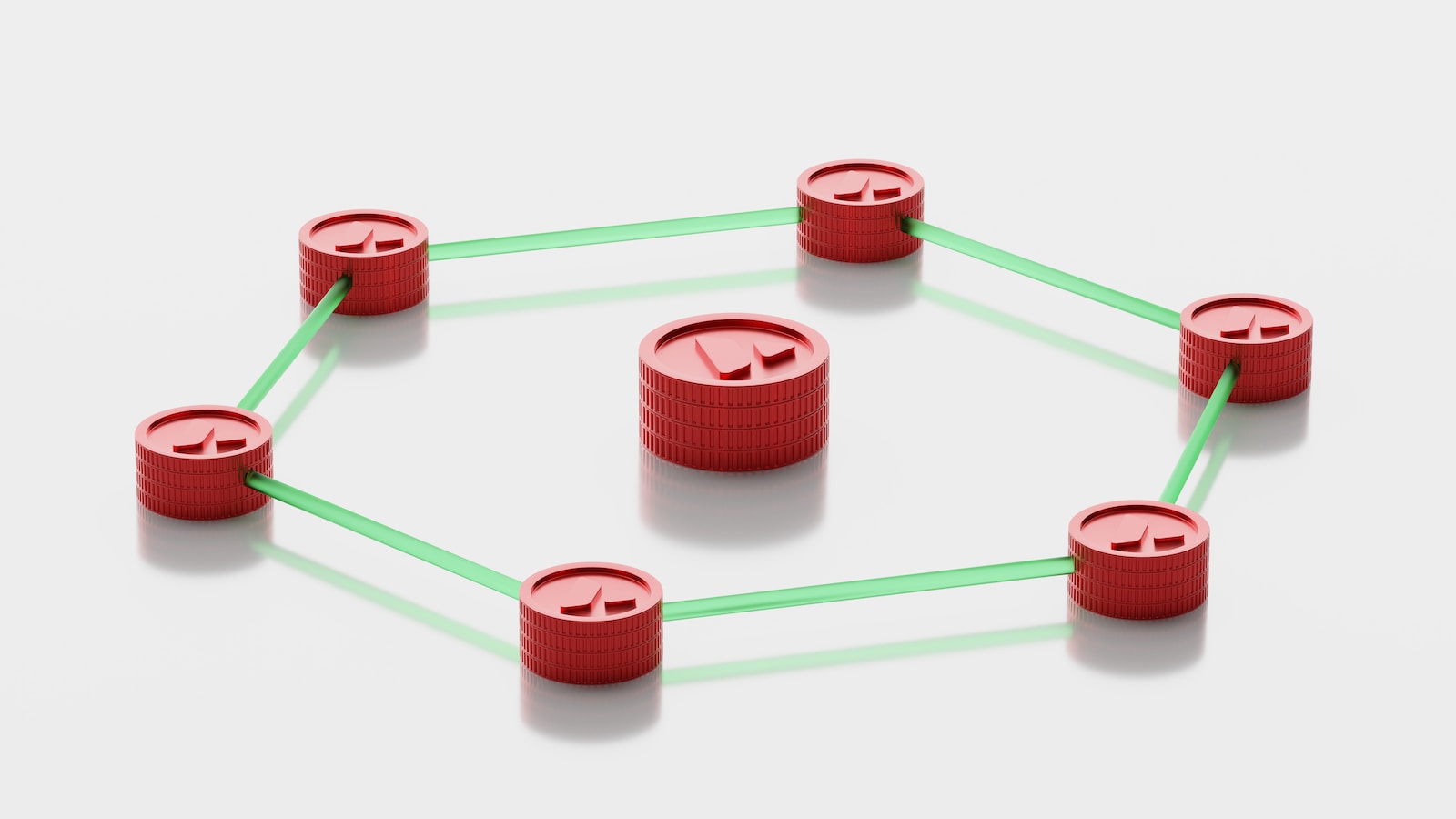The FinTech Revolution: A Double-Edged Sword
In recent years, the financial landscape has been undergoing a digital makeover that would make even Cinderella’s transformation seem like child’s play. FinTech, a buzzword that’s as trendy as avocado toast, has been revolutionizing the way we handle money. From mobile payment apps to blockchain technology and robo-advisors, FinTech innovations have made our financial lives more convenient than ever. But with great power comes great responsibility, and it’s high time we explored the moral implications lurking beneath the shiny veneer of these innovations.
The Good, the Bad, and the Ethical Dilemmas
Let’s start with the good stuff. FinTech has undeniably brought some remarkable benefits to the table. Take peer-to-peer lending platforms like Prosper and LendingClub, for instance. They’ve democratized lending, giving borrowers more accessible options, often at lower interest rates than traditional banks. That’s a win for financial inclusivity and a boost to individuals striving to escape the clutches of predatory lending.
On the flip side, the proliferation of payday loan apps presents a moral conundrum. These apps offer quick, easy loans but at astonishingly high-interest rates that can trap vulnerable borrowers in a cycle of debt. It’s like offering someone a lifeboat with a hole in it – they might stay afloat for a while, but they’ll eventually sink.
But what about robo-advisors? They offer personalized investment strategies without the hefty fees that traditional financial advisors charge. Sounds like a win-win, right? Well, not quite. There’s a lingering ethical concern about the impersonal nature of these algorithms. Are they truly acting in our best interests, or are they simply maximizing profits for the companies behind them?
The Data Dilemma: Privacy vs. Convenience
One of the most pressing moral dilemmas in the FinTech realm revolves around data. FinTech innovations are powered by data analytics and artificial intelligence, which require access to vast amounts of personal information. As we gleefully embrace the convenience of mobile banking and digital wallets, we must grapple with the ethical implications of sharing our financial lives with algorithms.
Consider this: You’re scrolling through your favorite social media platform, and suddenly, an ad pops up offering a credit card with a seemingly irresistible rewards program. Coincidence? Not quite. FinTech companies use our online behaviors, including our likes, shares, and browsing history, to tailor financial products to our preferences. It’s a convenient service, but it raises serious concerns about privacy invasion and the potential for manipulative marketing practices.
The Digital Divide: Inclusivity vs. Exclusivity
While FinTech has the power to bridge the financial gap, it also runs the risk of exacerbating existing inequalities. Think about access to the internet and smartphones. Not everyone has equal access to these tools, and those who are digitally excluded can find themselves left out of the financial revolution. In a world where many essential services are moving online, this is a moral issue that demands attention.
Moreover, algorithmic bias can unintentionally discriminate against marginalized groups. If an AI-driven lending platform inadvertently favors one demographic over another, it can perpetuate systemic inequalities. We must hold FinTech companies accountable for addressing these biases and ensuring their technologies promote fairness and inclusivity.
The Regulatory Tightrope
Navigating the ethical waters of FinTech is no easy feat, and this is where government regulators and industry watchdogs come into play. Striking the right balance between innovation and consumer protection is like walking a tightrope. Too much regulation, and you stifle innovation; too little, and consumers can be left vulnerable to exploitation.
For instance, cryptocurrencies like Bitcoin have captured the imagination of many, promising decentralized financial systems and security. However, their unregulated nature has also led to numerous scams and frauds. Ethical questions arise: Should governments step in to regulate this digital Wild West, or should they let the market self-regulate? Finding the answer is far from simple.
Conclusion: A Call to Ethical Action
As we sail deeper into the uncharted waters of FinTech, it’s essential to remember that ethics should be our guiding star. The conveniences and possibilities offered by these innovations are too enticing to ignore, but they come with moral strings attached. We must stay vigilant, demanding transparency, fairness, and inclusivity from the companies that drive the FinTech revolution.
It’s time for individuals, industry leaders, and policymakers to collaborate and create an ethical framework that ensures FinTech innovations serve the greater good. As consumers, we can make informed choices, support ethical FinTech companies, and demand accountability. As responsible citizens of the digital age, let’s ensure that our financial future is not just convenient but also morally sound.
So, there you have it, folks! FinTech innovations, like any technology, are tools. How we use them, and the ethical considerations we bring to the table, define their impact on our lives. Keep those ethical antennas up, and together, we can navigate the exciting and sometimes treacherous seas of the digital financial world. Until next time, stay ethical and spend responsibly!
